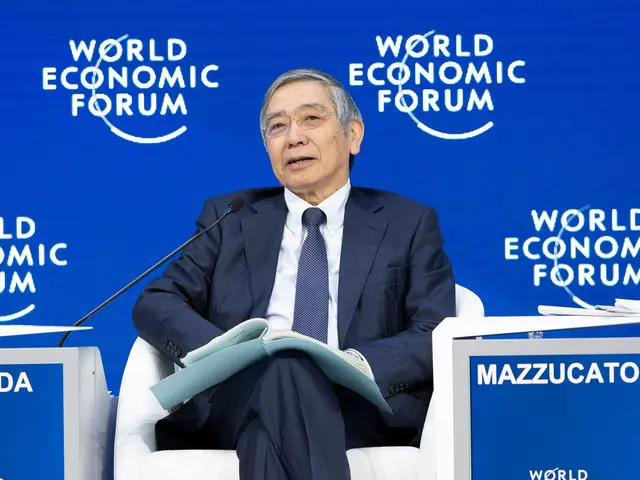Bank of Japan (BOJ) Governor Haruhiko Kuroda on Thursday said the Japanese economy has been "seriously impacted" by the outbreak of the COVID-19, with the nation's manufacturing output, exports and spending all charting losses.
In a teleconference with the central bank's regional branch managers, Kuroda, along with saying "the global economic outlook remains very unclear" amid the pandemic, said that further easing measures could be unrolled by the BOJ if necessary.
"The BOJ will take additional easing measures without hesitation if necessary while closely monitoring developments in the spread of the virus," Kuroda said, adding that the pandemic has adversely affected the nation's key export sector and seen output, spending and tourism particularly hard hit.
"The uncertainty over the economic outlook is very high as it remains unclear when the global coronavirus infection will end," the BOJ chief said.
Kuroda also said that corporate financing has been in trouble owing to the impact of the virus and global financial markets have been volatile.
"Our country's financial system has been maintaining stability as a whole, but corporate financing has been getting worse," Kuroda said, going on to say that global financial markets remain "nervous" despite the action taken by central banks around the world.
For the BOJ's part, in mid-march, additional monetary easing measures were rolled out in a bid to stabilize financial markets amid the turmoil owing to the impact of the global spread of COVID-19.
In an emergency meeting convened at the time, the BOJ decided to expand its asset purchasing program through the increased accumulation of exchange-traded fund (ETF) securities and corporate bonds.
The central bank also said its ETF purchases would be doubled from the current 6 trillion yen to an annual pace of 12 trillion yen (110.32 billion U.S. dollars).
The bank said it would also increase its target bond purchases and commercial paper by 2 trillion yen (18.38 billion U.S. dollars) by September.
Japan's central bank, in addition, announced a new policy enabling it to provide loans against corporate debt of about 8 trillion yen (73.54 billion U.S. dollars) as of the end of February as collateral at the interest rate of zero percent with maturity of up to one year.
The BOJ, however, opted not to plunge its short-term interest rates further into negative territory, past the current level of 0.1 percent, amid concerns such a move would diminish profits at commercial banks.
"The BOJ is committed to securing liquidity for corporate financing and stability in financial markets by introducing new kinds of market operations, and by increased purchases of commercial paper and corporate bonds," Kuroda said during the teleconference.
 简体中文
简体中文





